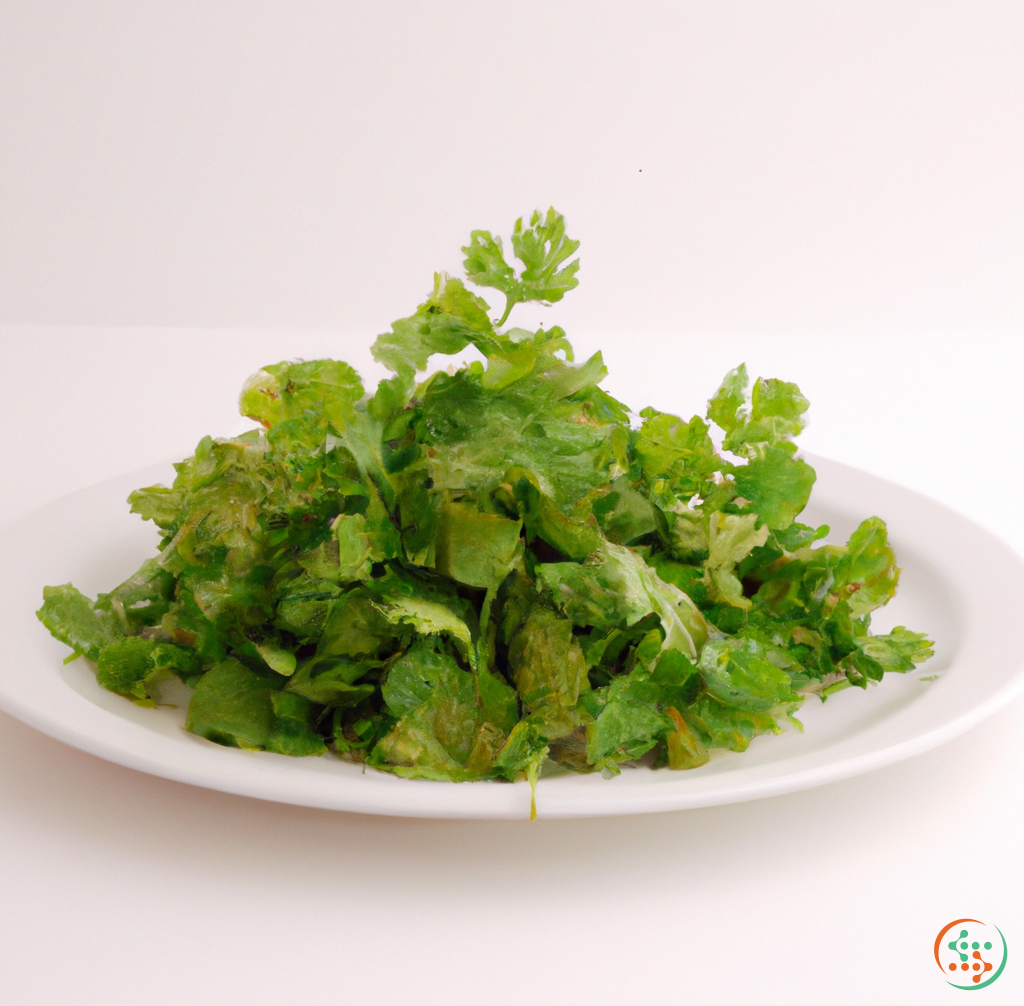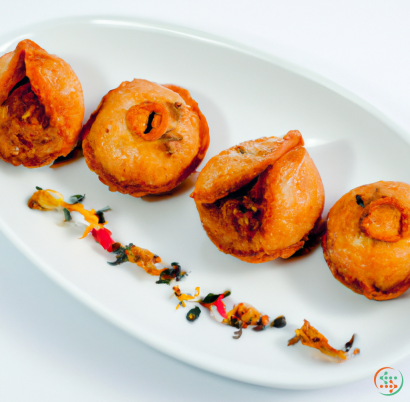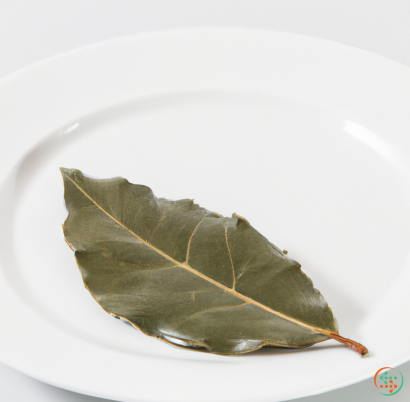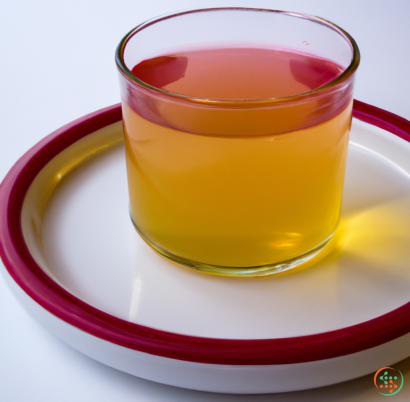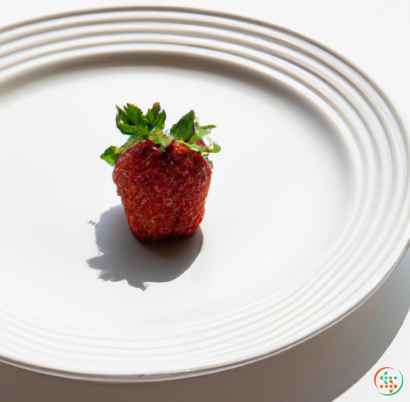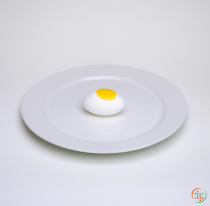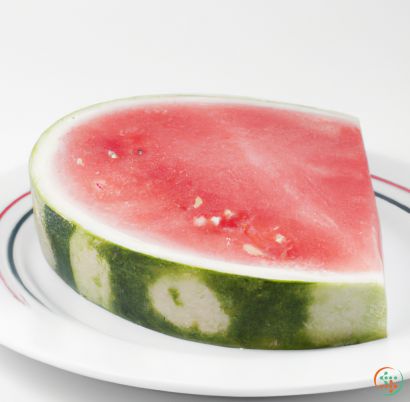Coriander
Coriander, also known as cilantro or Chinese parsley, is an edible herb that provides a unique flavor to foods. Coriander is widely used as a flavoring agent for many dishes around the world. Most notably, it is used in Mexican and Indian cuisines, but is also found in many other styles of cuisine from one hemisphere of the world to the other. Coriander is a fairly hardy herb and can be grown both indoors and outdoors, so having it accessible in your kitchen is not difficult.
The plant is a member of the Apiaceae family and is related to other plants like carrots, celery and parsley. The herb is classified as an annual and will only last one season. It prefers a sunny location, but can tolerate partial shade or being grown indoors. Coriander is a slow growing herb and it may take a few weeks to get the desired size before harvesting.
Coriander’s flavor is bright and lemony and it is most often used in savory dishes to add depth and complexity to the flavor profile. It is said to have a cooling effect on hot foods, making it ideal for dishes that have heat from the use of chilies or chili powder.
When selecting coriander from the market, the best quality is that which is fresh and aromatic. It should have a deep green color and fresh-looking leaves. The stems of the leaves should be tender and the leaves should have a strong aroma. It is best to avoid coriander with yellowing leaves or mold as this indicates that it has been stored for too long.
Fresh coriander can be stored in the refrigerator for up to two weeks when it is wrapped in a damp paper towel. If you do this, make sure to change the paper towel every few days to keep the coriander fresh and flavorful. Alternatively, you can freeze coriander in a sealable plastic bag for up to six months.
This versatile herb can be used in a variety of ways. In its fresh form, coriander is best when added at the end of the cooking process to ensure its flavor does not dissipate. It can also be chopped and stored in the freezer for future use. Dried coriander seeds can be added to dishes during the cooking process and they usually impart a nutty, slightly sweet flavor.
Coriander is a wonderfully fragrant herb and adds an interesting flavor to many dishes. It’s also nutritious, with generous amounts of vitamins A and C, as well as essential minerals like potassium and magnesium. So, why not make coriander part of your regular culinary exploration? From adding its lemony flavor to guacamole to cranking up the heat in curries, having a hulking bunch of coriander in the fridge or freezer is a must. Have this herb in your pantry!
Coriander is a versatile herb often used as a garnish or flavoring agent in dishes around the world. Its distinctive aroma and delicate taste make it an essential ingredient in both savory and sweet dishes, from Mexican tacos to Italian pasta dishes. But how does coriander and its many forms travel from the farm to our dinner plates? Let's take a closer look at the journey of the humble Coriander to explore the process from seed to spice.
The Journey from Seed to Spice
Growing Coriander
Coriander, also called cilantro or Chinese parsley, is a flowering plant that belongs to the carrot family (Apiaceae). Native to regions in Europe, North Africa, and Asia, coriander is farmed for its leaves and seeds which are used for culinary, medicinal, and other purposes.
To begin the journey, coriander seeds are sown in dry or moist soil, depending on the region and climate. The seeds can be securely sown in small pots or beds, or they can be prepared as separate rows in an open field. When sown in open fields, the soil should be well-aerated with a pH of between 6.0 and 8.0 to ensure optimal seed germination. Planting is done in the late spring or early summer in colder climates. In hotter climates, the planting season occurs in the late summer or early autumn.
When the seeds have germinated, the young plants are transplanted into the final field location. Established plants should be spaced between 10 and 15 centimeters apart from each other. The soil should be kept moist during the growth period, but not overly wet. Coriander plants need a good supply of minerals and nutrients to perform healthily. When preparing the soil for coriander planting, it’s important to add organic matter such as compost or manure, which helps to lower soil acidity and encourages vigorous root growth. Farmers may also add a layer of mulch such as straw or hay around the base of the plant to conserve moisture and prevent weeds from taking hold.
Harvesting and Processing Coriander
Coriander plants are ready to be harvested when the seed heads have turned brown. This indicates that the seeds are mature and have reached the right texture. If allowed to ripen too long, the seeds may split and be damaged or lost. The seeds are usually cut from the stem and dried in the sun or in a warm, dry place. Coriander seeds are often plucked in small quantities by hand and then stored in jute bags or cardboard crates.
Once harvested, the coriander needs to be cleaned and processed. The first step is to pass the coriander through a cleaning machine to remove any debris or foreign bodies such as stones, leaves, or twigs. Different types of sieves are then used to separate out the different sizes of coriander seed. Once the desired seed has been separated out, it can then be packaged into smaller containers for sale or shipping.
Shipping and Distributing Coriander
Once the coriander has been processed and packaged, it's ready to be shipped to its destination. Coriander is a fragile product, so it requires careful handling and storage. For long-term storage, it needs to be properly packed and stored in a cool, dry place to prevent spoilage and insect infestations. It can also be vacuum sealed to prolong its shelf life.
For short-term storage during transportation, coriander should be stored in either lined wooden boxes or corrugated cartons depending on the size of the shipment. It must also be labeled with clear instructions for the shipping company on the proper transport times and temperatures.
Once the coriander has arrived at its destination, it needs to be distributed to shops and markets for buyers to purchase. Here, the coriander can be sold as fresh or dried herbs in bunches, as crystalized stems and leaves, as seeds or powder, or as an essential oil or extract.
Preparing and Cooking with Coriander
Once we have purchased our coriander, it is time to prepare it for cooking. Fresh leaves can be used as is, while the seeds need to be ground into a powder before they can be used.
When adding coriander to dishes, it's important to remember that the flavor can become intense depending on the amount and type of cooking. To get the most out of the spice, it is best to add the coriander during the last 5-10 minutes of cooking. This will help preserve its flavor. For some dishes, the leaves are added fresh for taste and color.
Finally, there’s no better way to bring out the delicate taste of coriander than to use it to garnish your dishes. The leaves and seeds can be sprinkled over the top of a dish to give it a bright, refreshing flavor which will set it apart from ordinary dishes.
Reaching Our Dinner Plates
Coriander is a flavorful and aromatic ingredient which plays a starring role in our favorite dishes. From its humble beginnings as a seed, coriander takes a long journey before it finally reaches our dinner plates. It has to be grown, harvested, processed, shipped, and distributed before it can be enjoyed in all its glory. The careful steps along the way ensure that coriander brings us a unique and flavorful experience to be savored and enjoyed.
| Vitamin A | 0.337 mg | |
| Beta-Carotene | 0.00393 grams | |
| Alpha-Carotene | 0.036 mg | |
| Vitamin E | 0.0025 grams | |
| Vitamin K | 0.31 mg | |
| Vitamin C | 0.027 grams | |
| Vitamin B1 | 0.07 mg | |
| Vitamin B2 | 0.16 mg | |
| Vitamin B3 | 0.00111 grams | |
| Vitamin B4 | 0.0128 grams | |
| Vitamin B5 | 0.57 mg | |
| Vitamin B6 | 0.15 mg | |
| Vitamin B9 | 0.062 mg |
| Calcium | 0.067 grams |
Daily Value 1.3 g
|
| Iron | 0.00177 grams |
Daily Value 0.018 g
|
| Magnesium | 0.026 grams |
Daily Value 0.4 g
|
| Phosphorus | 0.048 grams |
Daily Value 1.25 g
|
| Potassium | 0.521 grams |
Daily Value 4.7 g
|
| Sodium | 0.046 grams |
Daily Value 2.3 g
|
| Zinc | 0.5 mg |
Daily Value 0.011 g
|
| Copper | 0.23 mg |
Daily Value 0.9 mg
|
| Manganese | 0.43 mg |
Daily Value 0.0023 g
|
| Selenium | 0.9 ug |
Daily Value 0.055 mg
|
| Total Sugars | 0.9 grams |
per 100g
|
| Palmitic acid (16:0) | 0.01 grams |
|
| Total Saturated fatty acids: | 0.01 g | |
| Oleic acid (18:1) | 0.27 grams |
|
| Total Monounsaturated fatty acids: | 0.27 g | |
| Linoleic acid (18:2) | 0.04 grams |
|
| Total Polyunsaturated fatty acids: | 0.04 g | |
| Phytosterols | 0.01 grams |
|
| Total Sterols: | 0.01 g | |
